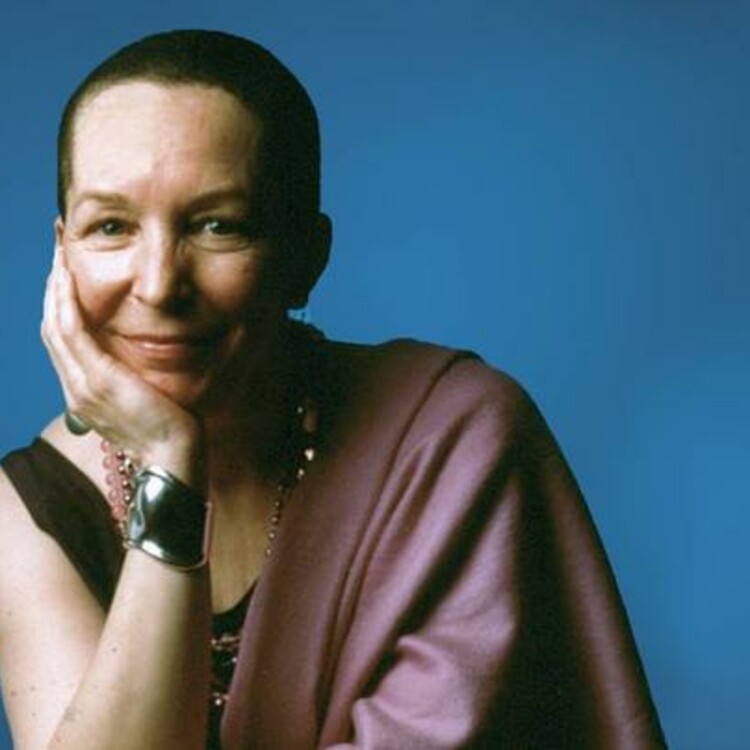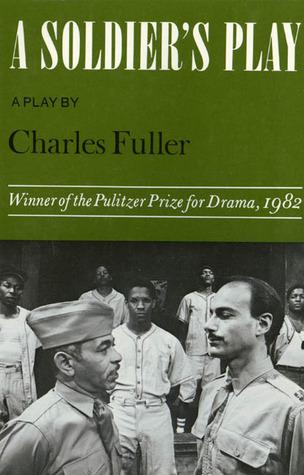Rage in Context
“Non-violence is a dead philosophy and it was not the Black people that killed it.” Floyd McKissick, Congress on Racial Equality, Summer, 1968
“… the day will not save them/and we own the night.” LeRoi Jones/Amiri Baraka
The shocked surprise expressed by some Americans after the Dallas shooter, an African American war veteran, was quoted as saying he wanted to kill white people, especially police officers, showed a lack of sufficient understanding of the widespread rage that exists in many African American communities and usually manifests itself in extreme violence within those communities themselves (see statistics for gun violence in Chicago on any given weekend) but is sometimes directed at random white people based solely on race. Sort of like how Black and Latino men are disproportionally stopped by police officers based solely on race. This lack of understanding often leads to uncomfortable conversations among cultural workers (that would be us!) where well-meaning but uninformed white Americans begin to quote Dr. King and exhausted Black Americans roll their eyes and wonder how it is that we still have to explain that Black Lives Matter really means Black Lives Matter, too, which must be stated and restated for reasons too obvious and painful to keep repeating.
The canon of American dramatic literature includes many plays by award-winning African American playwrights that specifically explore the complexity of black rage and the violent consequences to all American communities when that rage is ignored.
Which brings us back to Black rage. The canon of American dramatic literature includes many plays by award-winning African American playwrights that specifically explore the complexity of Black rage and the violent consequences to all American communities when that rage is ignored. These plays, many of which were forged in the cultural fire of the Black Arts Movement, include a rich variety of characters and plot lines that may ground more deeply our discussions of the rage and madness manifested in Dallas, as well as of community reaction to the police violence that sparked the Black Lives Matter movement and sent young Americans of all ethnicities into the streets in protest.
It isn’t necessary for us to reinvent the conversational wheel every time we try to talk about race or to consider these problems without historical and artistic context. I offer the following plays as a way to take the conversation to the next, hopefully higher, level. This list is by no means comprehensive. Other suggested titles can be added in the comments.
The Dutchman by LeRoi Jones/Amiri Baraka
Bourbon at the Border by Pearl Cleage
A Soldier’s Story by Charles Fuller
We Own the Night by Jimmy Garrett
The Bronx is Next by Sonia Sanchez



Comments
The article is just the start of the conversation—we want to know what you think about this subject, too! HowlRound is a space for knowledge-sharing, and we welcome spirited, thoughtful, and on-topic dialogue. Find our full comments policy here
Great to read this from the UK perspective, where the debate is (at times) more muted, but no less current. Wondering whether anyone over there knows of a good play for 5 brilliant young (20s & 30s) black actors (2F, 3M). We were very much hoping to do Ms Cleage's Blues For An Alabama Sky (which fits these actors perfectly and with which we have fallen in love), but have been told the rights are unavailable. Sadly Bourbon at the Border does not fit the actors so well, either in terms of age or number of roles. If anyone knows of a US piece that addresses these issues and would fit this cast breakdown, we'd love to have a look at it. The Black Plays Archive in the UK is a fabulous resource, but only catalogues those plays which have had productions in the UK. Is there an equivalent for the US?
Timely and useful article. This must be an American conversation. For our Intercultural Play Reading Series we just did an amazing reading of Aishah Rahman's The Mojo and the Sayso, published in 1989 about an incident in 1971 that could have happened yesterday, well, in fact, happens far to often today. The play is powerful and brilliant written. Thanks for your words.
This is a timely commentary Pearl. Our lives in general are viewed out of context and our anger framed as deniable Thank you for bringing to light stellar works and inspiring readers to bring their gems to light. I certainly will share with my communities on social media and conversations with my Suns and Full Moons 😍
Thank you Ms. Cleage, one of my favorite writers. I'd also like to add "Camp Logan" to the list, a military drama by Celeste Bedford Walker which details the events of soldiers of the all Black 24th Infantry Regiment stationed in Houston Texas in the summer of 1917, who after enduring weeks of harassment, fought a running battle with members of the Houston Police and armed white citizens. This is the only racially motivated riot in U. S. history to claim more White lives than Black lives. August 23, 2017 will mark the 100th anniversary of this incident, and several theaters are slated to perform or read this timeless play in recognition of this event.
Thank you, Ms. Cleage, for sharing your perspective and these links.
I'd like to add Keith Antar Mason's For Black Boys Who Have Considered Homicide When The Streets Were Too Much.
Thanks for this article.
I would also suggest:
Mingus Takes 3 by Aishah Rahman
Thank you, Pearl, for pointing us toward these plays.
For those in Chicago—American Blues Theater is producing Dutchman this September, on a double bill with TRANSit, a new play by Darren Canady commissioned as a response to Baraka's play.
And also, beyond the world of theater—I've just read Eula Biss's Notes from No Man's Land, and James Baldwin's The Fire Next Time, and I cannot understate how helpful they have been in helping me to understand and contextualize (and grieve, and be inspired to action about) the current moment. Every single American citizen should read those two books.